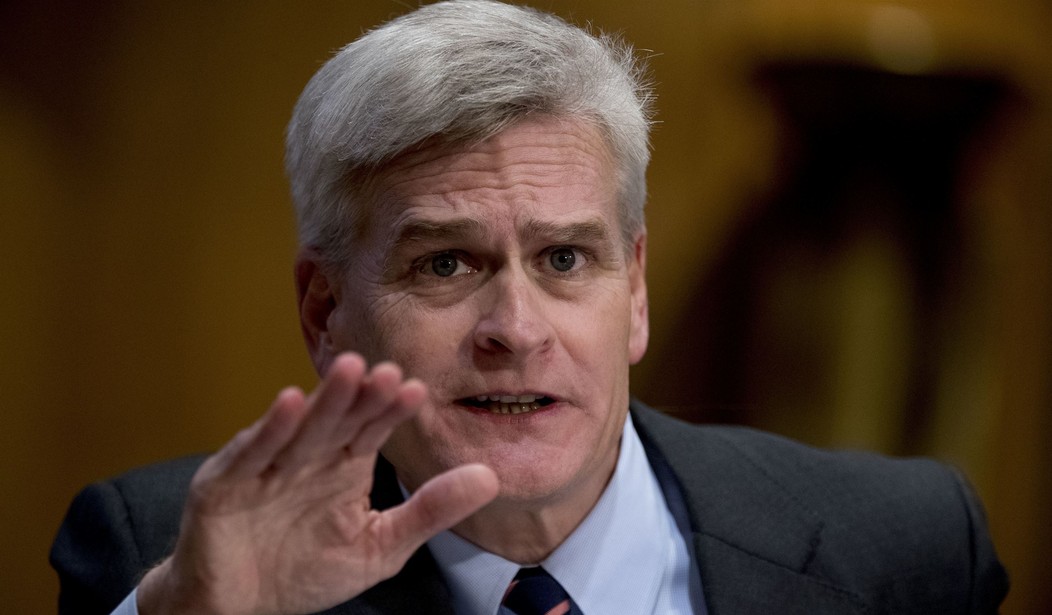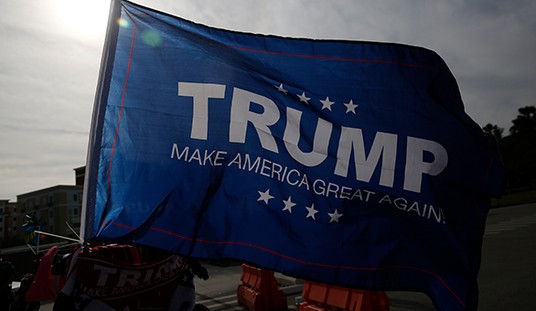As states reopen across America, members of Congress are considering yet another trillion-dollar piece of “relief” legislation. Even if House Democrats’ Health and Economic Recovery Omnibus Emergency Solutions (HEROES) Act is dead on arrival, the Trump administration and lawmakers are reportedly interested in a fresh round of financial aid for struggling households. Elected officials like Rep. Alexandria Ocasio-Cortez (D-NY) see a “Phase 4” bill as a springboard for a Green New Deal (GND), which would skyrocket energy costs for millions of households already behind on their bills. Fortunately, level-headed policymakers such as Sen. Bill Cassidy (R-LA) are pushing back against extravagant, poorly targeted spending. Congress needs to listen to Sen. Cassidy and focus on coronavirus relief, not a laundry list of washed-out expensive ideas.
As the coronavirus crisis took a turn for the worse in mid-March, lawmakers from both sides of the aisle got together in a frantic push to help struggling Americans. But, along the way there were plenty of hiccups, including attempts to insert “green” energy perks into coronavirus relief legislation. In response to House Speaker Pelosi’s (D-Calif.) push to include airline pollution reporting requirements into a COVID bailout bill, Sen. Cassidy pointed out the ridiculousness of tying coronavirus relief to environmental mandates. Asked about these efforts in a March 23 MSNBC interview, Sen. Cassidy responded, “I'm not sure now is the time to be going through that public policy, when people are losing their jobs and nurses and doctors need frontline support.” Sen. Cassidy won the day and the Coronavirus Aid, Relief, and Economic Security (CARES) Act passed just four days later and was (largely) clean and stripped of “green” provisions.
But members of Congress aren’t done trying to insert their pet projects into COVID relief legislation. For example, Rep. Ocasio-Cortez has renewed calls for a “Green New Deal” to help America climb out of the doldrums. It strains credulity, of course, how imposing expensive new restrictions on the energy sector of the economy would help struggling Americans pay their bills. Rep. Ocasio-Cortez has bizarrely claimed that passing GND legislation would cost taxpayers and consumers nothing. This is, of course, true in the narrowest sense possible; resolutions in themselves don’t result in taxes, regulations, or appropriations. But, “The Squad” is clearly in favor of these policies which would cost taxpayers and consumers tens of trillions of dollars – on top of the $4 trillion deficit that Congress will already run this year. In February 2019, the American Action Forum estimated that GND policies could cost each American household up to $670,000 from 2020 through 2029. That’s an astounding figure, particularly at a time when 39 million Americans are laid off and wondering where their next paycheck is going to come from.
Recommended
To add insult to injury, there’s been renewed talk about expanding the tax credit for electric cars. Automakers such as Tesla and General Motors have already exceeded the 200,000-vehicle cap, meaning that they can no longer receive payouts from Uncle Sam for producing new electric vehicles. As a result, these big businesses have been lobbying Congress non-stop to expand out the cap and allow corporate behemoths to continue to cash in.
But these Robin-Hood in reverse policies would be particularly unfair to low-income Americans, who are unlikely to purchase these high-end vehicles regardless of subsidy amount. According to research by Dr. Wayne Winegarden of the Pacific Research Institute, “78.7 percent ($207.1 million) of the federal consumer tax credits (for the 2014 tax year) were received by households with an adjusted gross income (AGI) of $100,000 or above.” These dollars can and should be used to help Americans struggling to cope with the Coronavirus pandemic, instead of lining the pockets of well-to-do households.
Sen. Cassidy is right: now is not the time to pass pet projects that will increase costs for families down on their luck. Any future Coronavirus-related legislation should be clean, not “green.”
Ross Marchand is the Vice President of Policy for the Taxpayers Protection Alliance.























Join the conversation as a VIP Member